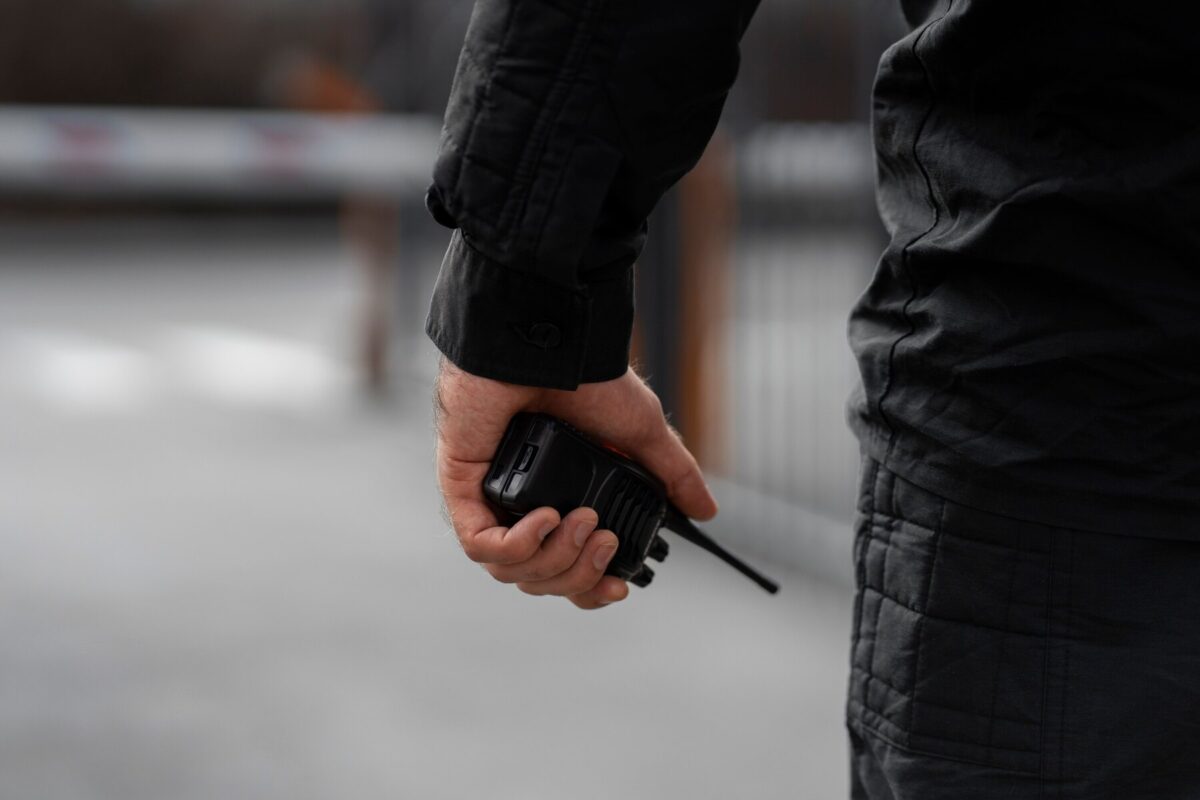Zurab (name changed) from Georgia is a participant in a methadone program that supports people with drug dependence problems. For the past four years, Zurab has been actively using the services of a local nongovernmental organization (NGO) that provides this service. One day he found himself at the service center in the company of two of his friends, where they received the necessary assistance as well as consumables from social workers. The beneficiaries were given cards with unique codes and the logo of the harm reduction network, as well as the addresses of the service centers.
A few blocks later, however, Zurab and his friends were stopped by police. Demanding to check the contents of their bags, the police conducted the incident right on the street, using insulting words and physical violence against all three of them.
The problem arose over an ampoule of naloxone, a life-saving medication to prevent overdoses. Zurab explained its purpose, but the police officers did not understand the situation. The man asked to call a social worker, who was also a REACTOR.
Within hours of Zurab’s arrest, the paralegal was contacted, arrived on the scene promptly, and provided detailed information about naloxone. Thanks to the paralegal’s efforts, Zurab was released.
Zurab’s story highlights not only the importance of methadone programs in Georgia but also the need for law enforcement to be trained in harm reduction. The story of this case underscores the difficulties that can arise in the daily lives of participants in such programs and the urgent need to protect their rights and health.
Also read:
Discrimination based on HIV status in a dental clinic in Armenia


